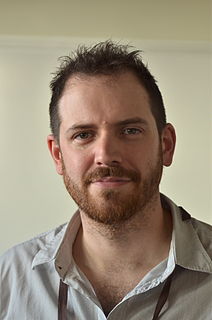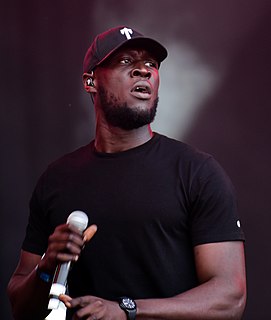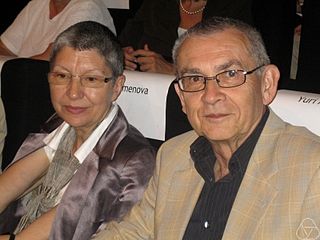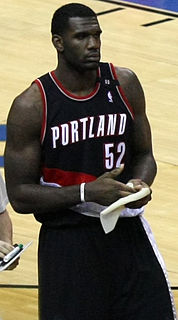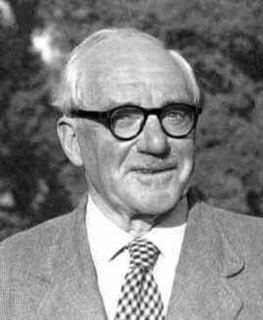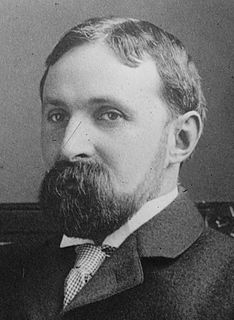A Quote by Mark Twain
I would not read the proof of one of my books for any fair & reasonable sum whatever, if I could get out of it. The proof-reading on the P & Pauper cost me the last rags of my religion.
Related Quotes
Well, did he do it?" She always asked the irrelevant question. It didn't matter in terms of the strategy of the case whether the defendant "did it" or not. What mattered was the evidence against him -- the proof -- and if and how it could be neutralized. My job was to bury the proof, to color the proof a shade of gray. Gray was the color of reasonable doubt.
All writing seems to me worse in the state of proof than in any other form. In manuscript one's own wisdom is rather remarkable to one, but in proof it has the effect of one's private furniture repeated in the shop windows. And then there is the sense that the worst errors will go to press unnoticed!
I am obliged to interpolate some remarks on a very difficult subject: proof and its importance in mathematics. All physicists, and a good many quite respectable mathematicians, are contemptuous about proof. I have heard Professor Eddington, for example, maintain that proof, as pure mathematicians understand it, is really quite uninteresting and unimportant, and that no one who is really certain that he has found something good should waste his time looking for proof.



